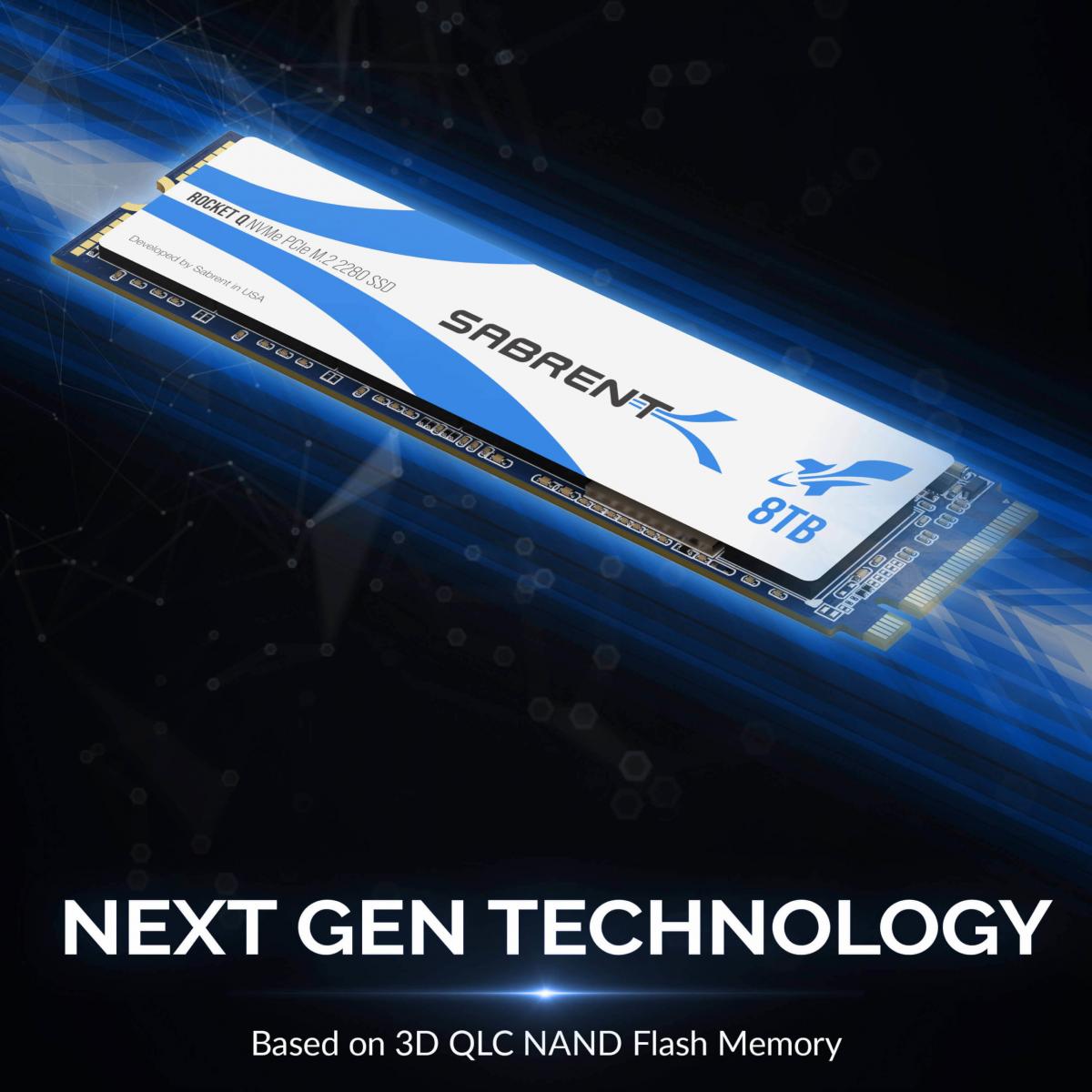What I'd like is a utility that tests *unassigned* sectors and marks them bad, and leaves assigned ones alone.
Larry, I never said software can repair the disk, I said I wanted it to mark the bad sectors so they aren't used.
But I'm trying to tell you, it's not just that "some sectors" ARE just "bad", and can be worked around. I'm saying, it's likely that your drive has "cancer", and more and more sectors that
were "good" will turn "bad". Randomly. Due to mechanical and physical issues with the drive.
Constantly marking sectors as bad might be a constant battle, and CHKDSK may eat all of your data on that drive eventually when that happens. Seen it happen.
BTW, when WRITING to a (SATA, IDE) disk, you should NEVER see "bad" sectors, as the drive itself, in the FIRMWARE, will TRANSPARENTLY RE-MAP AROUND BAD SECTORS. So if you're seeing actual "write failure - sector error" errors, then check SMART, you're probably already out of SPARE SECTORS in the REMAP TABLE, and that means that your drive has already S*** the bed.
Edit: I mean, sorry to tell you this, but most likely, you need a new drive or drive(s), like yesterday.
Edit: If you need a drive cheap, I'll sell you a (used, but working last time I checked) external desktop 3TB HDD for the cost of shipping. Let me know. Then you can at least off-load some of your stuff. (It's a Toshiba 3TB 7200RPM HDD, inside a WD EasyStore case that once held an 8TB WD Red HDD, that I shucked for my NAS unit, so I re-purposed the enclosure, with some of my older NAS drives.) I don't guarantee how long it will keep working, but it might give you some time to back up your stuff, until you can plan some more permanent replacement drives. (I recommend checking ebay and BestBuy.com, for "WD EasyStore 10TB" / "12TB" / "14TB" to see what the best sale deal is on "big" storage, and then get 2 (or 3, one for cold backups!), and run two in a RAID-1 mirror. After "shucking".)



